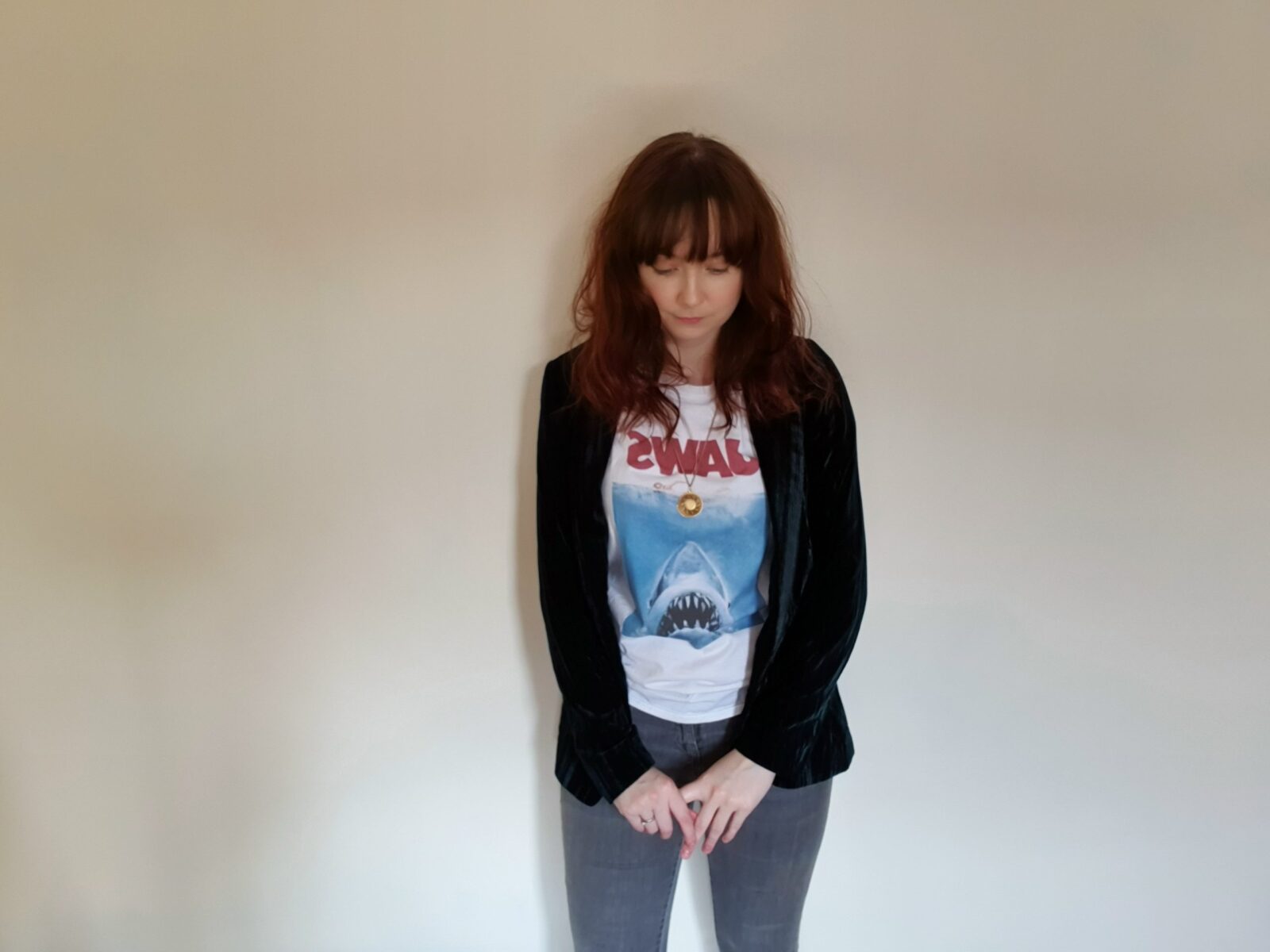
January 14th is the last time that I cried. I remember the date exactly because I had a needle in my neck at the time. Alas, I wasn’t frequenting a hospital or a drug den… I was having acupuncture.
You take Sertraline? Ah ok, so you can’t cry and you’re too hot all of the time, states Martine (acupuncturist) during the initial consultation.
I was taken aback. Both statements were true, but I hadn’t considered this for a long time.
I don’t cry very often. I didn’t at my wedding, when my first book came out, or when my brother moved to Canada. That’s not to say that I don’t feel the emotion, I just can’t cry.
I used to, far too much due to anxiety, which is one of the reasons I started taking medication in the first place. The irony.
We have a complicated history ‘crying’ and I. From around the age of twelve, I tried to abstain at all costs, (looking upwards helped, as did blinking).
I’d feel ashamed as the first tears streamed down my burning cheeks.
It wasn’t the act of crying that I found so offensive, more the ‘being witnessed.’ Nobody enjoys crying in front of others, but I found it borderline traumatic.
My reaction makes sense based on my social anxiety diagnosis. Crying draws attention and like most people with SA, I HATE drawing attention to myself, especially from strangers.
Crying also signifies a loss of control, something that I also struggle with.
The benefits of blubbering
I’m aware that tears do serve a purpose.
- They relieve stress.. literally – emotional tears contain stress hormones like cortisol and other toxins. Crying is a good way to flush them out of your system.
. - They trigger self-soothing – research suggests that crying activates the ‘parasympathetic nervous system.’ The PNS helps your body rest and digest.
. - They dull pain – Crying triggers the release of oxytocin, a feel-good endorphin that soothes physical and emotional pain. This is why after a good sob, a person experiences a deep sense of calm or stillness.
. - They’re a physical indicator that something is wrong – People who live with mental illness are really good at blocking out the mental symptoms of their condition (e.g. thoughts and emotions). Physical symptoms however such as crying, shaking, or heart palpitations are harder to ignore.
Once the physical sh** starts, I know that I have to stop and assess how I’m feeling.
Back at the acupuncturist office
There’s a needle in my neck and I’m positively vibrating I’m crying so hard. I keep apologising to Martine, confused by my outburst. Don’t apologise, she soothes. I’ve cleared a blockage and the built-up tension is leaving your body. You needed this. Think of it like popping the cork of champagne.
So I continue to sob noisily and destroy several tissues. When the tears eventually stop I’m exhausted (in a good way).
Curious about my experience and antidepressants medication in general, I do a little research;
Studies from Oxford University have shown that between 46 percent and 71 percent of antidepressant users have experienced emotional blunting during treatment.
Curious indeed.
I have no current plans to stop taking my meds, but I’m mindful of releasing tension every once in a while. So, I’ll either have Martine stick a needle in my neck once a month, or I’ll get drunk and watch the scene from Coronation Street when Jack Duckworth dies. (No idea why this works, I don’t even watch Corrie! But it does the trick EVERY TIME).
